2002 Chevrolet Express 3500 Brake Rotors and Pads
Click here to search another vehicle
All Rotors:
OEM x
Coated x
Drilled, Slotted and Coated x
Front x
Rear x
All Pads:
Ceramic x
Semi-metallic x
Front x
Rear x
Found 5 record
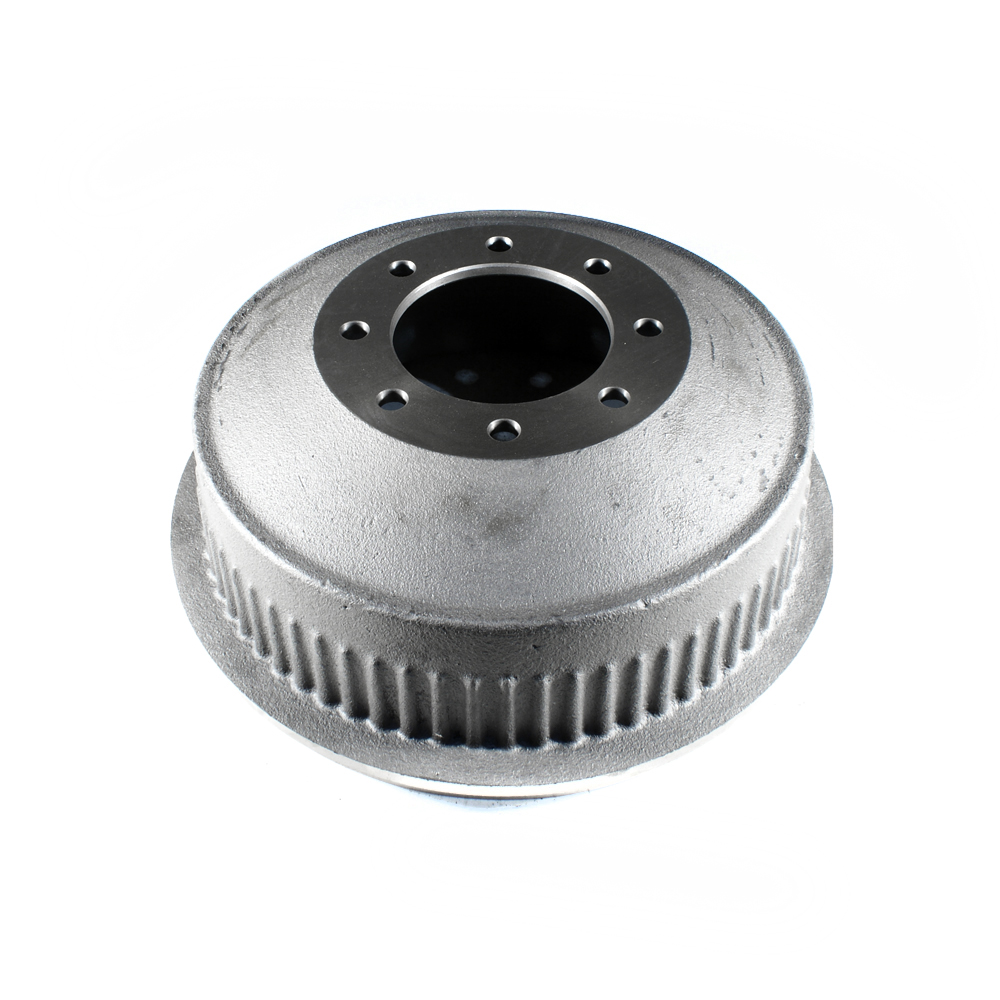
Part No: BD80000
Raybestos: 9531
OE: 15693468
Raybestos: 9531
OE: 15693468
$170.03 each
Per Car QTY: 2
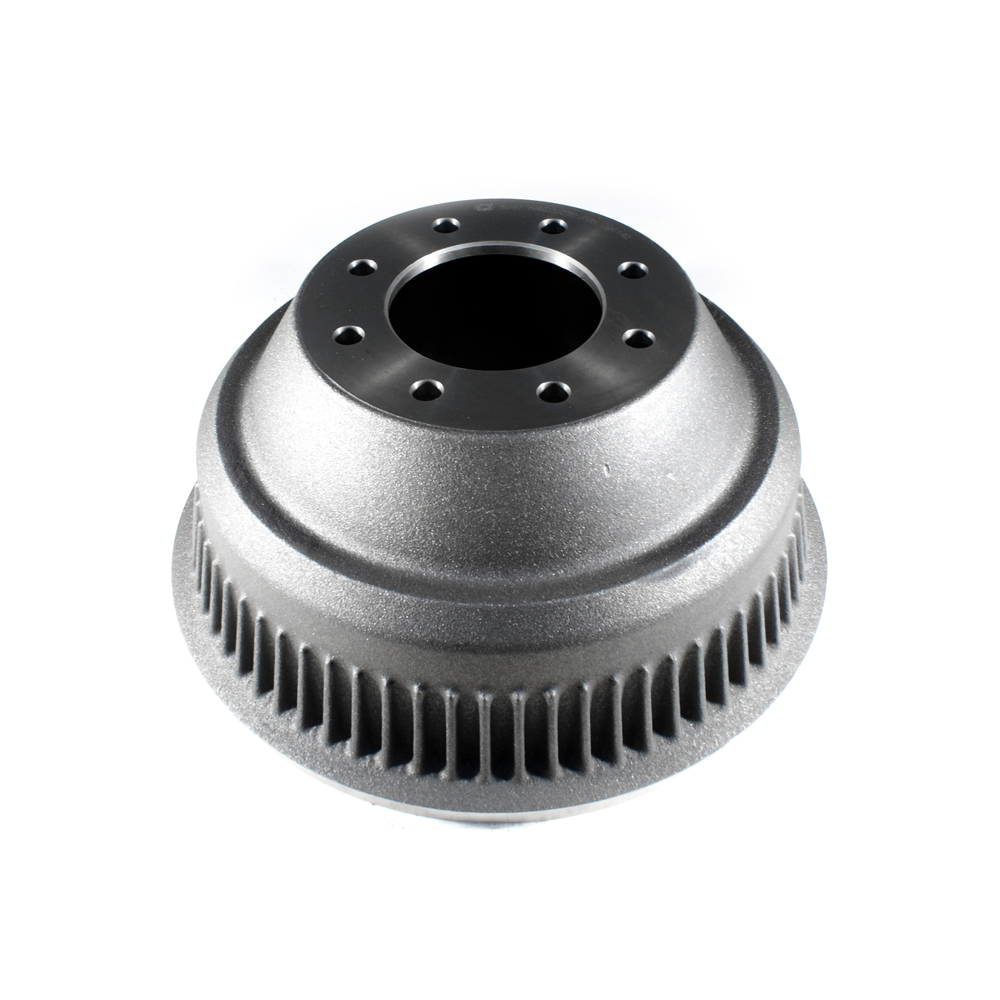
Part No: BD8997
Raybestos: 2591
OE: 15635951
Raybestos: 2591
OE: 15635951
$164.36 each
Per Car QTY: 2
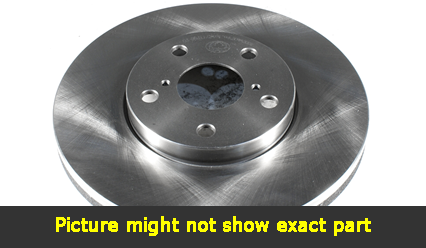
Part No: BR55032
Raybestos: 56593
OE: 18060213
Raybestos: 56593
OE: 18060213
$185.6 each
Per Car QTY: 2
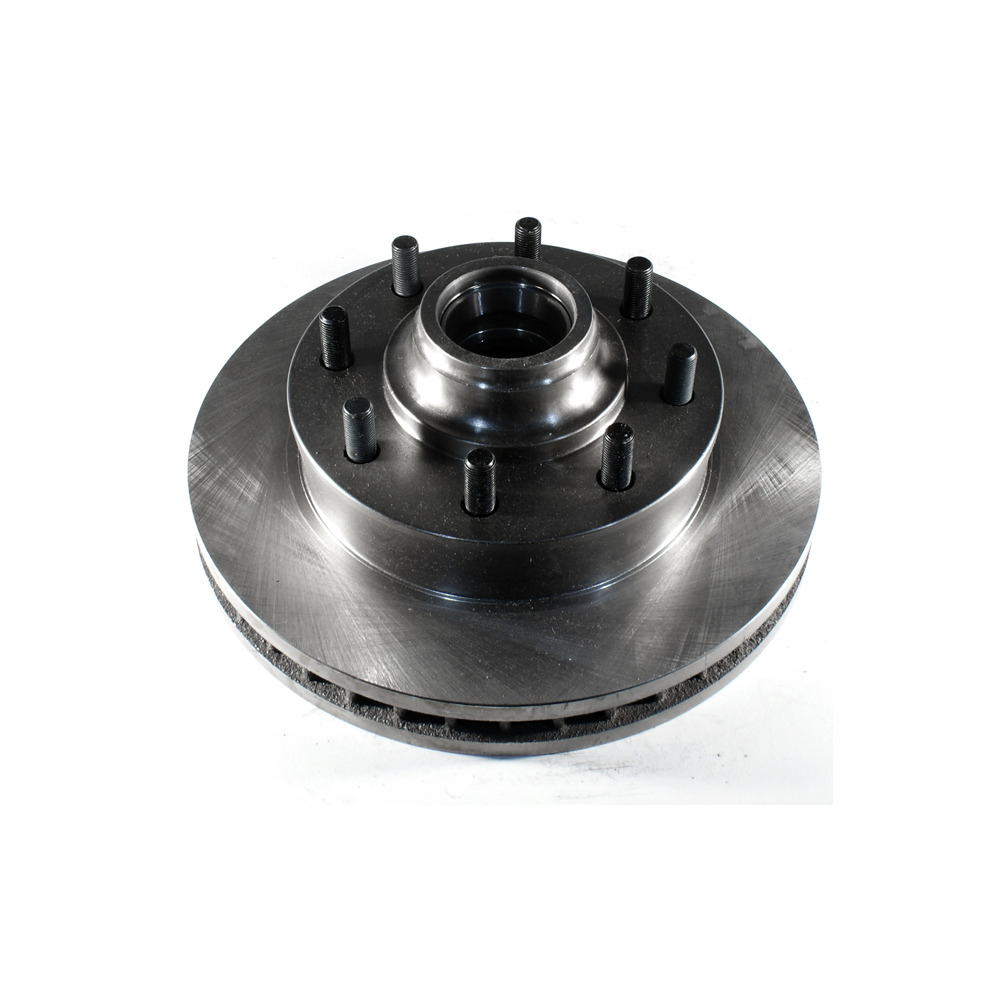
Part No: BR55081
Raybestos: 580065
OE: 18060656
Raybestos: 580065
OE: 18060656
$101.77 each
Per Car QTY: 2
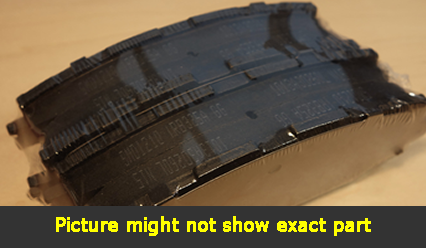
Part No: SMD370
Raybestos:
OE:
Raybestos:
OE:
$20.34 each
Per Car QTY: 1
Braking is an essential aspect of safe driving and maintaining the overall functionality of a vehicle. Whether you own a 2002 Chevrolet Express 3500 or any other vehicle, having a properly functioning brake system is vital. In this article, we will explore the brake system of the 2002 Chevrolet Express 3500 and discuss the importance of regular maintenance to ensure optimal performance and safety.
The 2002 Chevrolet Express 3500 is a heavy-duty van known for its power and capability. With such a vehicle, the braking system plays a crucial role in controlling and stopping the vehicle effectively, especially when carrying heavy loads or towing.
The brake system of the 2002 Chevrolet Express 3500 consists of several components working together to ensure efficient braking. These components include the brake pads, rotors, calipers, brake lines, and the master cylinder.
Brake pads are crucial for stopping a vehicle. They are designed to grip the brake rotors tightly, generating friction and slowing down the rotation of the wheels. Over time, brake pads wear down and need to be replaced. Failing to do so may result in reduced braking performance and potential damage to other parts of the brake system.
The brake calipers are responsible for the movement of the brake pads. When you engage the brakes, the calipers apply pressure to the pads, pressing them against the rotors. It is important to keep the calipers in good condition, as worn-out calipers can affect braking efficiency and cause uneven brake pad wear.
The brake rotors, also known as brake discs, play a crucial role in the braking process. When the pads squeeze the rotors, the resulting friction slows down the vehicle. However, rotors can become warped or worn down over time, leading to vibration or pulsation while applying the brakes. If you notice any such symptoms, it is advisable to get the rotors inspected or replaced promptly.
Brake lines carry brake fluid from the master cylinder to the calipers or wheel cylinders, supplying the necessary hydraulic force to engage the brakes. Over time, these lines may develop leaks or become worn out. Regular inspection and maintenance of brake lines are essential to prevent brake fluid loss, which can lead to a loss of brake pressure and potential brake failure.
The master cylinder is the heart of the brake system. When you press the brake pedal, the master cylinder generates hydraulic pressure, which is then transferred to the calipers or wheel cylinders, activating the brakes. If you experience a spongy or unresponsive brake pedal, it may indicate a problem with the master cylinder and should be addressed immediately.
In order to ensure optimal brake performance and safety, regular maintenance of the brake system is crucial. This includes periodic inspection of brake pads, rotors, calipers, brake lines, and the master cylinder. Additionally, it is important to replace worn-out components promptly and adhere to the manufacturer's recommendations for brake fluid flushes or replacements.
By maintaining a well-functioning brake system, you ensure the safety of yourself, your passengers, and other road users. An efficiently operating brake system not only allows you to stop your vehicle safely but also enhances overall driving experience and control.
In conclusion, the 2002 Chevrolet Express 3500 is a heavy-duty van that requires an efficient and reliable brake system to ensure safe driving and maximum performance. Regular maintenance of the brake system is crucial to address wear and tear of components, prevent potential failures, and optimize braking performance. Neglecting brake maintenance can lead to unsafe driving conditions and compromise the overall functionality of the vehicle. Therefore, as a responsible vehicle owner, it is essential to prioritize and regularly maintain the brake system of your 2002 Chevrolet Express 3500.
The 2002 Chevrolet Express 3500 is a heavy-duty van known for its power and capability. With such a vehicle, the braking system plays a crucial role in controlling and stopping the vehicle effectively, especially when carrying heavy loads or towing.
The brake system of the 2002 Chevrolet Express 3500 consists of several components working together to ensure efficient braking. These components include the brake pads, rotors, calipers, brake lines, and the master cylinder.
Brake pads are crucial for stopping a vehicle. They are designed to grip the brake rotors tightly, generating friction and slowing down the rotation of the wheels. Over time, brake pads wear down and need to be replaced. Failing to do so may result in reduced braking performance and potential damage to other parts of the brake system.
The brake calipers are responsible for the movement of the brake pads. When you engage the brakes, the calipers apply pressure to the pads, pressing them against the rotors. It is important to keep the calipers in good condition, as worn-out calipers can affect braking efficiency and cause uneven brake pad wear.
The brake rotors, also known as brake discs, play a crucial role in the braking process. When the pads squeeze the rotors, the resulting friction slows down the vehicle. However, rotors can become warped or worn down over time, leading to vibration or pulsation while applying the brakes. If you notice any such symptoms, it is advisable to get the rotors inspected or replaced promptly.
Brake lines carry brake fluid from the master cylinder to the calipers or wheel cylinders, supplying the necessary hydraulic force to engage the brakes. Over time, these lines may develop leaks or become worn out. Regular inspection and maintenance of brake lines are essential to prevent brake fluid loss, which can lead to a loss of brake pressure and potential brake failure.
The master cylinder is the heart of the brake system. When you press the brake pedal, the master cylinder generates hydraulic pressure, which is then transferred to the calipers or wheel cylinders, activating the brakes. If you experience a spongy or unresponsive brake pedal, it may indicate a problem with the master cylinder and should be addressed immediately.
In order to ensure optimal brake performance and safety, regular maintenance of the brake system is crucial. This includes periodic inspection of brake pads, rotors, calipers, brake lines, and the master cylinder. Additionally, it is important to replace worn-out components promptly and adhere to the manufacturer's recommendations for brake fluid flushes or replacements.
By maintaining a well-functioning brake system, you ensure the safety of yourself, your passengers, and other road users. An efficiently operating brake system not only allows you to stop your vehicle safely but also enhances overall driving experience and control.
In conclusion, the 2002 Chevrolet Express 3500 is a heavy-duty van that requires an efficient and reliable brake system to ensure safe driving and maximum performance. Regular maintenance of the brake system is crucial to address wear and tear of components, prevent potential failures, and optimize braking performance. Neglecting brake maintenance can lead to unsafe driving conditions and compromise the overall functionality of the vehicle. Therefore, as a responsible vehicle owner, it is essential to prioritize and regularly maintain the brake system of your 2002 Chevrolet Express 3500.


